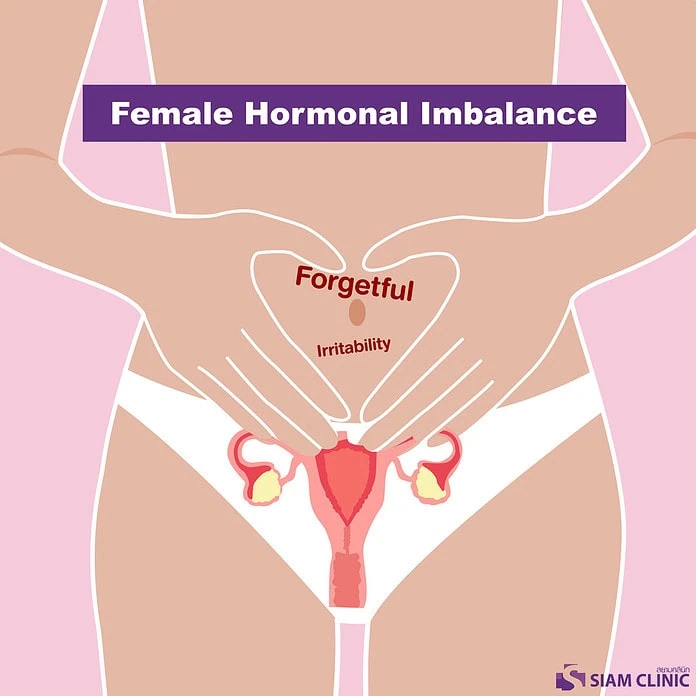Female hormones do not just start to have an impact when our bodies stop menstruating. In fact, from around the age of 40, a woman’s body begins to show signs of a decline in female hormones, such as increased irritability, forgetfulness, and a decreased sex drive. Often, with the increasing responsibilities at work as we age, we might assume that these symptoms are solely due to work-related stress. However, this might not be the only reason.
Additionally, there are changes in a woman’s body that are harder to notice, such as thinning bones or osteoporosis due to a decrease in estrogen, or cardiovascular diseases resulting from a slower metabolism, which can make weight gain easier if proper diet and exercise are not maintained.
From the perspective of Wellness, which focuses on prevention before disease onset, it is essential to identify the causes of various deteriorations that are not solely due to aging. Factors such as free radicals, hormonal deficiencies, sugar accumulation, and the deterioration of stem cells can be managed to some extent. Regular health check-ups can help us find suitable ways to care for our bodies and slow down the aging process, tailored to each individual’s condition.
There are six interesting scientific causes of aging:
- Hormone Decline: As we age, the production of various hormones decreases, not only those related to sexual desire but others as well.
- Free Radicals: These are by-products of the body’s energy metabolism that uses oxygen. This process does not only produce energy but also leaves behind free electrons that can lead to cell deterioration.
- Toxin Accumulation: In our current environment, many pollutants can harm our bodies, such as emissions from industrial plants or traffic, and chemicals or heavy metals from consumer products, which are often unavoidable.
- Sugar Accumulation: In modern times, it is easier than ever for us to consume carbohydrates and sugars. Many of us forget to regulate our intake, and the excess sugars can react with our cells, causing them to deteriorate.
- Acidic Conditions: Our bodies constantly deal with acids, whether from digestion or other processes. The body has two primary methods for removing acids: exhaling carbon dioxide through the lungs and excreting ammonia in urine through the kidneys. This process of acid removal is a contributing factor to aging.
- Chronic Inflammation: A decline in hormone levels affects the body’s energy metabolism, contributing to weight gain. The accumulation of fat leads to inflammation in the body because fat releases substances that cause blood vessels to become inflamed. When blood vessels are inflamed, fat can adhere to them, potentially causing hardening of the arteries, which can lead to heart disease, blood vessel blockages, and stroke.
In conclusion, changes in a woman’s body due to hormonal decline are a natural part of the aging process, but other factors also have an impact or act as accelerators, such as lifestyle and environmental conditions. Understanding these elements and regularly monitoring your health can help manage these changes effectively. By staying informed and prepared, we can take measures to maintain good health and minimize the effects of aging. If you are interested in more information about female hormone therapy, please read more at this link.







